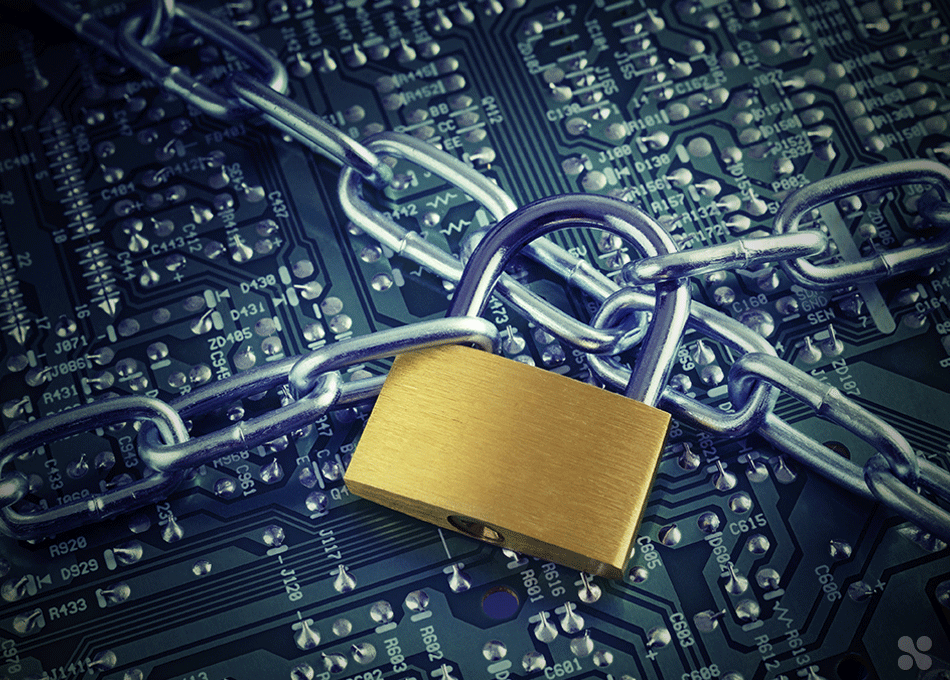10 SECURITY BEST PRACTICE
Companies need to defend themselves efficiently from the several threats that are constantly present in the digital world. The use of the latest technologies to secure informative systems is not always good enough, you need to be careful about many factors related to business security. Here’s 10 guidelines to keep your business safe.
1. Encrypt data
Encryption is essential to protect sensitive data and help prevent the loss of data due to theft or system damage. All data stored and files, any sensitive element need to be encrypted.
2. Double-check for compliance requirements
Check the privacy requirements requested by your business and be sure of being compliant with the law about data protection and users privacy (see GDPR).

3. Auditing and penetration test
Run penetration test is crucial to identify possible vulnerabilities of your informative system security. In addition, is useful to regularly perform the file auditing to verify the level of security, and monitor, identify and block flows of data into and out of your network.
4. Removable media policy
Reduce the use of USB driven, external hard disk, external DVD or any writeable media. These kinds of device facilitate security breaches.
5. Secure websites against malware infections
To protect your website against malware infections you can, for instance, use SSL certificate, scan daily the website to identify possible virus and set security flag in all the cookies sessions.
6. Spam filter on email servers
Is also very useful to implement a spam filter on the email server, so you can remove junk emails from users inbox. In addition, you can train users to identify unsolicited mail, even when they came from trusted sources.
7. Limit the access to sensitive data
Develop a business policy which allows you to limit the access to sensitive data only to authorized staff. According to a study, 53% of the biggest security threats is related to unauthorized access. Multi-factors authentication is one of the best way to control the accesses.
8. Network-based security hardware and software
Many tool are used to assure the network security, as firewalls, gateway antivirus, intrusion detection devices, monitoring for DDos attacks, port scans, so you can identify possible attempts to security.
9. Security patches
Some antivirus programs update on a daily basis. Make sure that your security system is always up to date with the latest security patches. If you prefer to turn off the automatic updating, remember to set up a regular scan for your system.
10. Educate your users
The users awareness is very important. A well-informed and aware user will behave with more responsibility about data processing, taking fewer risks with business sensitive data, including emails.
Do you want to secure your business? Reserve a free consulting with our security experts!
Contact us
Fill out the form and one of our experts will contact you within 24 hours: we look forward to meeting you!




